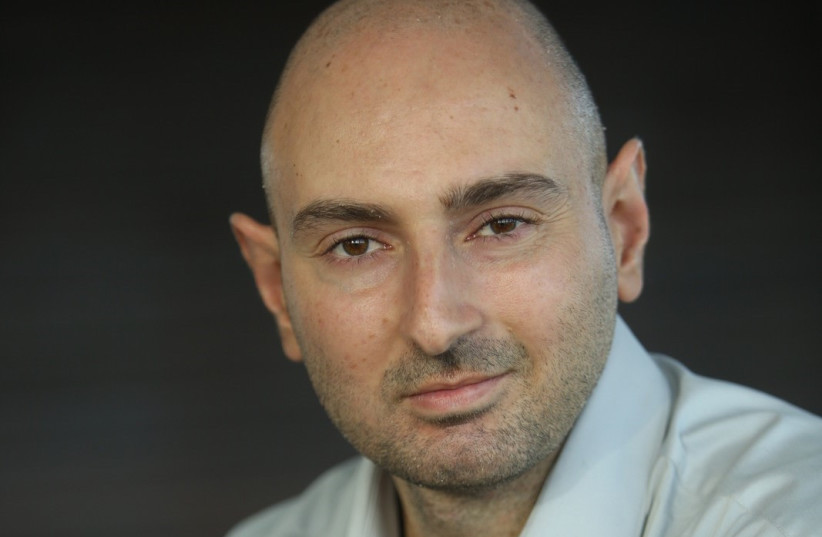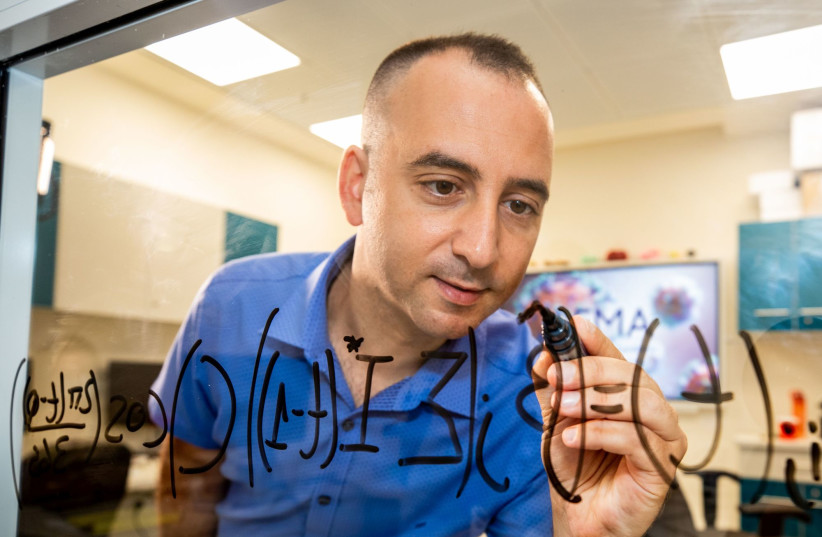As most personal physicians and pain specialists know, patients’ discomfort, aches and soreness are subjective. When volunteers participate in clinical trials to ensure that new vaccines are safe and cause little or no side effects, they report subjectively on what they feel.
Now, thanks to a new study by Tel Aviv University researchers, instead of self-reporting, what people feel can be assessed objectively by continually monitoring physiological variables. For the first time, the new study enables developers to determine vaccine safety using smart sensors that measure objective bodily changes.
The subjective reports of participants in clinical trials can lead to biased results. In contrast, objective physiological data, obtained through sensors attached to the body, is clear and unambiguous.
The study was led by Dr. Yftach Gepner of the Department of Epidemiology and Preventive Medicine at TAU’s Sackler Faculty of Medicine, together with Dr. Dan Yamin and Dr. Erez Shmueli from the university’s Fleischman Faculty of Engineering. The paper was published under the title Utilizing wearable sensors for continuous and highly-sensitive monitoring of reactions to the BNT162b2 mRNA COVID-19 vaccine in Communications Medicine, a journal from the prestigious Nature publishing group.
“Vaccination is widely accepted as the most prominent measure in the fight against COVID-19, posing the greatest hope for ending this major global health pandemic and related economic crisis,” they wrote.

“Consequently, an unprecedented international effort by private and public institutions alike was directed at accelerating the traditionally lengthy vaccine-development process. Nevertheless, they added, concerns regarding potential adverse effects from vaccines have recently led to the suspension of …vaccination campaigns in several European countries and may have reinforced the public hesitancy towards COVID-19 vaccines,” the paper said.
“In most methods used today, clinical trials designed to evaluate the safety of a new drug or vaccine employ self-report questionnaires, asking participants how they feel before and after receiving the treatment,” said Gepner. “This is clearly a totally subjective report. Even when Pfizer and Moderna developed their vaccines for the new COVID-19 virus, they used self-reports to prove their safety.”

THE TAU team, who conducted their study when many Israelis received their second dose of Pfizer vaccine, showed that smart sensors can be used to test it. The researchers equipped volunteers with innovative sensors developed by the Israeli company Biobeat and approved by the US Food and Drug Administration (FDA). They studied 160 participants over the age of 18.
Before it began, all subjects were advised both orally and in writing about the nature of the study and gave written informed consent to the study protocol, which was approved by the Tel Aviv University Institutional Review Board. All data were de-identified, and no personally identifiable information was gathered.
Attached to their chests, these sensors measured physiological reactions from one day before to three days after receiving the vaccine. The innovative sensors monitored 13 physiological parameters including heart and breathing rate, blood oxygen saturation, heartbeat volume, temperature, cardiac output, systemic vascular resistance, blood pressure and skin temperature.
The researchers were surprised to identify a significant discrepancy between subjective self-reports about side effects and actual measurements; in nearly all objective measures, significant changes were identified after vaccination even in participants who reported having no reaction at all.

The study also found that side effects increase over the first 48 hours, and then parameters return to the normal level measured before vaccination. This makes possible a direct assessment of the vaccine’s safety when identifying physiological reactions during this time period.
“The message from our study is clear,” noted Gepner. “In 2022, the time has come to conduct continual, sensitive, objective testing of the safety of new vaccines and therapies. There is no reason for relying on self-reports or wait for the occurrence of rare side effects like myocarditis (inflammation of the heart muscle), which occurs in one of 10,000 patients. Preliminary signs that predict such conditions can be detected with advanced sensors, identifying normal vs. extreme alterations in physiological parameters and any risk of inflammation.”
He invited trial participants to his clinic for blood pressure testing, but often their blood pressure rises just because the situation is stressful. “Continual monitoring at home solves these problems with simple, convenient, inexpensive and accurate means. This is the kind of medicine we should strive for today.”
